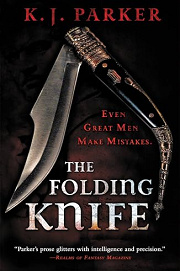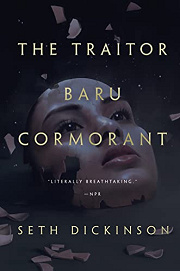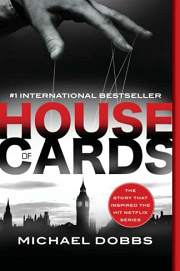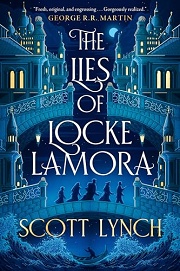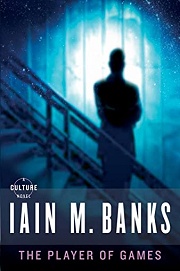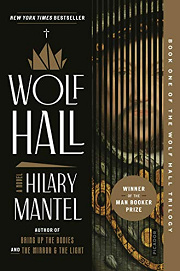Share your thoughts in a quick Shelf Talk!
The Folding Knife by K. J. Parker
A brilliant statesman rises to power on wit, numbers, and ruthless pragmatism—only to discover that empire is a knife that cuts both ways. Wry, incisive, and utterly absorbing, The Folding Knife is a tale of ambition and consequence where every decision has a cost.
Have you read this book? Share what you liked (or didn’t), and we’ll use your answers to recommend your next favorite read!
Love The Folding Knife but not sure what to read next?
These picks are popular with readers who enjoyed this book. Complete a quick Shelf Talk to get recommendations made just for you! Warning: possible spoilers for The Folding Knife below.
In The Folding Knife, did you enjoy ...
... ruthless fiscal statecraft, currency manipulation, and bureaucratic conquest driving political outcomes?
The Traitor Baru Cormorant by Seth Dickinson
If you loved watching Basso parlay banking acumen into state power—juggling tariffs, public works, and war contracts to steer the Vesani Republic—then The Traitor Baru Cormorant will hit that same nerve. Baru weaponizes ledgers, monopolies, and debt the way Basso weaponizes treasuries and fleets. The pleasure here is in the cold logic: audits as sieges, coinage as a knife. Like Basso’s careful senate maneuvers and PR calculations, Baru’s moves are as precise as they are devastating—and the moral costs bite just as hard.
... an urbane, calculating power-broker’s rise through charm, leverage, and audacious gambits?
House of Cards by Michael Dobbs
Basso’s charisma and steel—charming crowds one hour, gutting opponents with procedure the next—find a wicked mirror in Francis Urquhart. As with Basso’s careful vote‑counting and budget brinkmanship in the Republic, Urquhart turns favors, secrets, and headlines into a ladder. You get the same intimate seat beside a brilliant operator whose victories thrill even as you wince at the lines he crosses.
... acidic wit and gallows humor threaded through high-stakes schemes in a Venetian‑style city-state?
The Lies of Locke Lamora by Scott Lynch
If the dry, cutting jokes and perfectly timed asides amid Basso’s senate knife-fights made you grin, you’ll relish the Gentleman Bastards’ patter. Camorr’s cons and counter‑cons carry the same sly delight as Basso’s cleverly structured deals and public spectacles—dark laughs blooming exactly when the stakes (and bodies) pile up.
... the cerebral satisfaction of watching a strategist dissect a system’s incentives to win?
The Player Of Games by Iain Banks
Part of the thrill in The Folding Knife is seeing Basso analyze institutions—senate rules, markets, logistics—and make them sing. The Player of Games offers that same intellectual click as Gurgeh learns an empire’s baroque rule-set and exploits it. Like Basso turning supply lines and coinage into leverage, Gurgeh turns game theory into statecraft, and every move lands with that cool, inevitable logic.
... the moral calculus of wielding authority up close, where policy and conscience collide?
Wolf Hall by Hilary Mantel
Basso’s reforms—balancing prosperity projects against wartime needs and political survival—echo in Thomas Cromwell’s day‑by‑day decisions at Henry VIII’s court. Like Basso steering the Republic through factional storms and public expectation, Cromwell weighs human costs against national aims. Mantel gives you that same intimate, unsentimental look at power’s price paid in rooms where a sentence or signature remakes a country.
Unlock your personalized book recommendations! Just take a quick Shelf Talk for The Folding Knife by K. J. Parker. It’s only a few questions and takes less than a minute.
